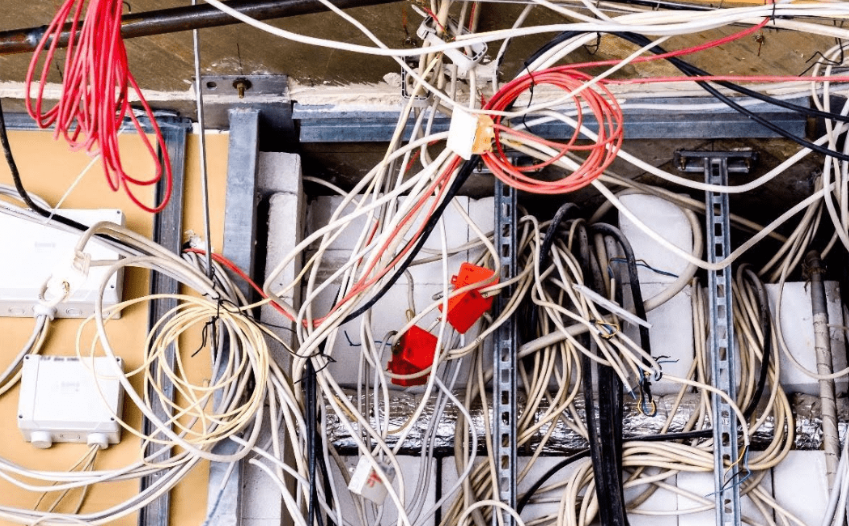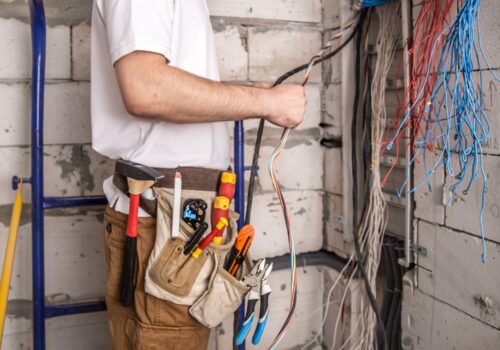Common Mistakes to Avoid in Commercial Wiring Projects
Undertaking electrical wiring projects in commercial settings requires careful planning, adherence to regulations, and precision to ensure safety and efficiency. Electrical wiring demands meticulous attention to detail to avoid costly mistakes that could compromise the functionality and safety of the electrical system. Here are some common pitfalls to steer clear of in commercial wiring projects:
1. Inadequate Planning and Design
One of the most critical mistakes in commercial wiring projects is inadequate planning and design. Rushing into the installation without a comprehensive plan can lead to inefficiencies, poor system performance, and even safety hazards. It’s crucial to work closely with electrical engineers or contractors to create a detailed plan that considers the layout of the space, electrical load requirements, and future expansion needs.
2. Ignoring Electrical Codes and Regulations
Electrical codes and regulations exist to ensure safety and standardisation in wiring installations. Ignoring or neglecting to comply with these codes can result in failed inspections, fines, and, most importantly, unsafe electrical systems. It’s essential to stay updated with local building codes and regulations throughout the project and ensure that all installations meet or exceed these standards.
3. Poor Cable Management
Effective cable management is vital for commercial wiring projects to prevent tangled wires, reduce the risk of damage, and facilitate future maintenance or upgrades. Improperly managed cables can also impede airflow and cause overheating issues, potentially leading to electrical fires or system failures. Investing in quality cable trays, conduits, and labelling systems can help maintain an organised and safe wiring setup.
4. Overloading Circuits
Overloading circuits by connecting too many devices or equipment to a single circuit is a common mistake in commercial wiring. This can lead to overheating, tripped breakers, and electrical failures. Proper load calculations should be conducted during the design phase to ensure that circuits are appropriately sized and distributed to handle the electrical demand of the space.
5. Skipping Professional Installation
Attempting to cut costs by opting for DIY installation or hiring inexperienced contractors can backfire in commercial wiring projects. Professional electricians with experience in electrical wiring in Auckland understand the complexities of commercial environments and have the skills to execute installations safely and efficiently. They also ensure compliance with regulations and perform thorough inspections to verify the integrity of the electrical system.
Conclusion
Avoiding these common mistakes in commercial wiring is essential for ensuring the safety, reliability, and efficiency of commercial electrical systems. By prioritising meticulous planning, adherence to regulations, proper cable management, and professional installation, businesses can maintain a secure and functional electrical infrastructure that meets their operational needs both now and in the future.





